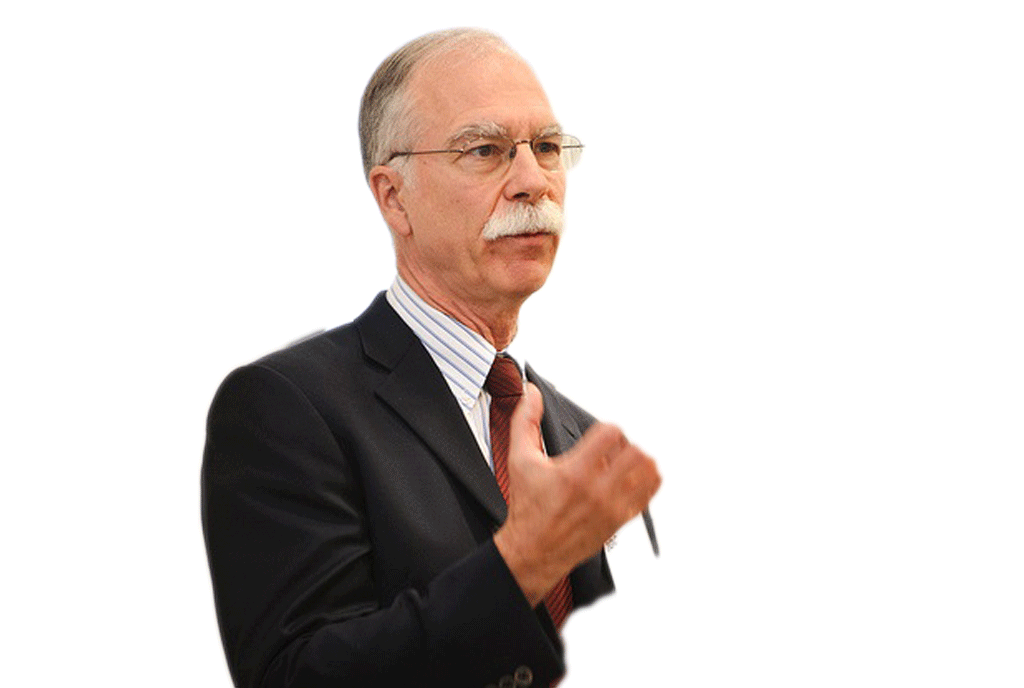It is not too late for govt to do something

Fresh food produce sold at Nakasero market in Kampala. Consumers are feeling the pinch of rising food prices. PHOTO | FILE
What you need to know:
- We now all know why. The global supply chains were greatly affected by the Covid-19 pandemic. In addition, the war in Ukraine hasn’t helped much.
Everyone, across the world, is feeling the pinch of rising inflation and escalating commodity prices.
We now all know why. The global supply chains were greatly affected by the Covid-19 pandemic. In addition, the war in Ukraine hasn’t helped much.
All these came at a time when many governments had become more inward looking as the key tenets of globalisation were threatened.
The United Kingdom’s decision to leave the European Union (EU) following a 2016 referendum shook integration to the core.
With Uganda pinning its development hopes on the East Africa Community (EAC) along with other regional and continent-wide groupings, economic crises have shown that solutions lie within borders.
Amid the ongoing economic strife, the government has refused to offer interventions that would ease the burden on people. Hinged on fuel prices and rising costs of raw materials, all commodity prices have risen leaving many vulnerable people facing hardship.
Ordinary citizens and the Opposition have proposed a scaling down public expenditure through frugality.
In addition, there are growing calls for tax cuts on fuel and other essential homecare products like soap, sugar, and cooking oil, among others.
President Museveni has argued that tax cuts would be suicidal since the people need services which government can only provide by collecting more taxes. While his argument is valid, it is heavily flawed. People who are constrained to meet their basic needs are simply unable to pay taxes, direct or indirect. This government has always been praised for maintaining macro-economic stability for a long time.
In addition, there is always a restraint in intervening in the markets which would bring distortion. This is a time to break that restraint and intervene with cuts in taxes and interest rates.
Last week, during the 19th World Bank Economic update, Ms Mukami Kariuki, the country manager, said whereas there is scarcity of resources and the challenge of debt, it is crucial for government to adopt targeted interventions to support the vulnerable, many of who have been severely affected by an increase in poverty.
It is clear that even with the push towards becoming a middle income country, an obsession of this government, rising commodity prices are going to delay the ability of the masses to save and invest.
Surely, there is no government in the world that can just look on and hope that the economy stabilises fast. There has to be something done in the short term. Many of the solutions geared towards import substitution and export promotion are for the medium and long term. What about the daily bread?




